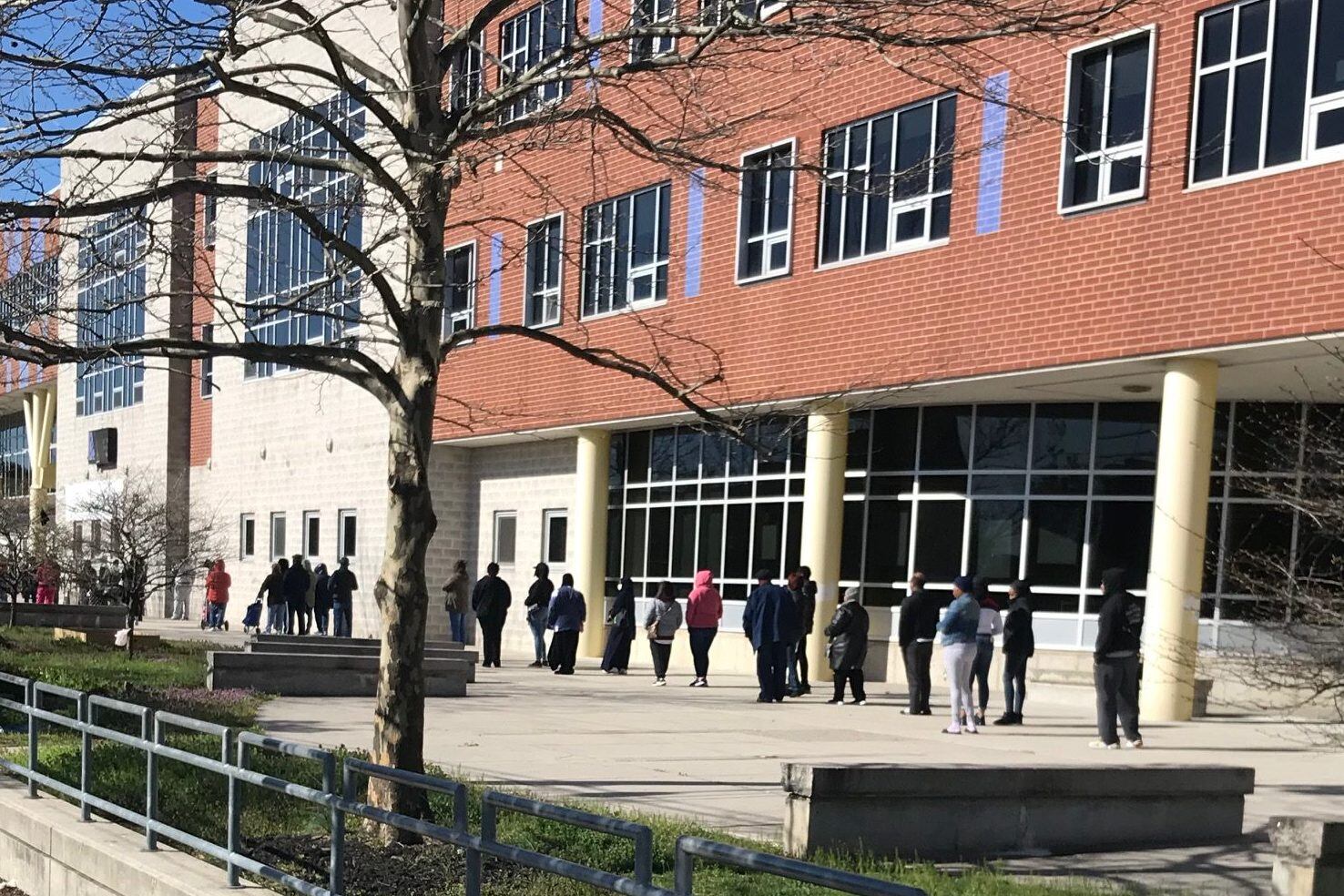Months after Philadelphia’s Board of Education vowed to investigate allegations that Black-led charter schools have been targeted for closure, the board voted to renew Universal Audenried Promise Neighborhood Partnership Charter School’s charter.
Though the board voted 7-1 in favor of the popular Black-led charter school in South Philadelphia, it came with pushback that may affect the process in the future of how charter schools will be reviewed for renewal.
Board member Mallory Fix Lopez, who voted against the renewal, raised an issue about the actions of the former chief financial officer for Universal, who was placed on administrative leave in May 2019 yet continued to sign and authorize checks. She also spoke of the high number of suspensions and expulsions at the school compared to the district. “I felt they were too egregious to overlook,” she said.
There was a formal objection made by members of the Alliance for Philadelphia Public Schools, or APPS, stating in a letter that the board did not disclose the full terms of the agreement and violated Pennsylvania’s Sunshine Act. “The board has denied the public to be heard on this agreement as the public has no knowledge of what it contains,” the objection said.
At last month’s meeting, the board voted unanimously to approve the renewal application for Universal Vare Promise Neighborhood Partnership Charter School in South Philadelphia, which is part of the same charter network, but delayed a vote on Audenried.
On Dec. 6, the school board was notified that the Board of Trustees for Universal Family of Schools approved the terms and conditions and executed the renewal charter agreement issued by the charter school’s office. The agreement is for a five-year term through June 2026.
The agreement included conditions related to expulsions, employee background checks, financial issues, and a surrender provision if Audenried fails to meet the conditions. The action item to exercise surrender of charter was withdrawn from Thursday’s agenda and was replaced with an action item for renewal.
“We will continue to perform at high levels and serve our scholars and community over the next five years,” said Penny Nixon, superintendent and CEO of Universal Family of Schools after Thursday’s decision.
Past revocations of Black-led charters have drawn criticism from the 20-school African-American Charter Schools Coalition, which has raised concerns about the treatment of schools with Black leadership. The coalition called for an overhaul of the district’s charter office, demanding fairness, transparency, and equity on evaluations, oversight and expansion of charter schools.
If a charter agreement is revoked, the charter is dissolved, according to the Pennsylvania Department of Education. Students attending a dissolved charter school can then apply to another school in their district, regardless of application deadlines. Charters, however, have a right to appeal to the Pennsylvania Charter Appeal Board before being dissolved.
City Council member Isaiah Thomas criticized the board’s presentation in the spring, saying, “it was like a gloomy cloud came over when Black charters came up,” with talks about accountability reports and “making sure you bring the hammer down” when the board’s expectations are not met.
Philadelphia has 85 charter schools, with a total enrollment of more than 75,000 students, or about a third of those enrolled in the city’s publicly funded schools. The school district, through its charter schools office, is the sole authorizer.
Black and Latino charter leaders operate 19% of the charters in Philadelphia, according to the coalition, but account for 87% of those recommended for closure or nonrenewal over the past several years, according to the coalition.
The district says it evaluates charter schools based on academic, operational, and financial measures and that charters recommended for closure or nonrenewal often have not met state standards for student proficiency in reading and math, mostly measured by standardized test scores. Graduation rates also are considered for high schools.
In May, board members pledged to address the allegations made by the coalition and hire an independent investigator.
The board hired Philadelphia-based law firm Ballard Spahr LLP to lead the investigation. The firm, which is working pro bono, might hire a third-party consultant with experience in racial equity analysis to assist the investigation. If it does, the school district will pay for the consultant.
The results of the investigation are expected in the fall, according to the board.






